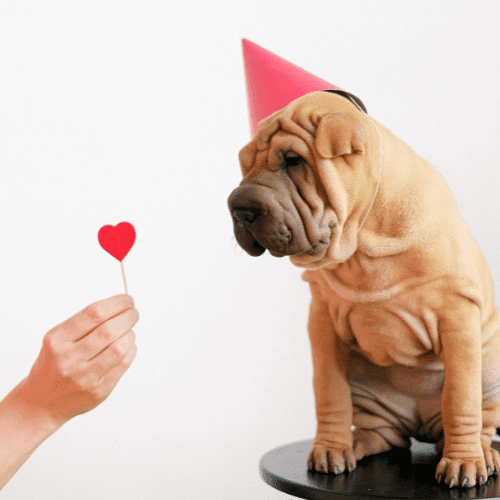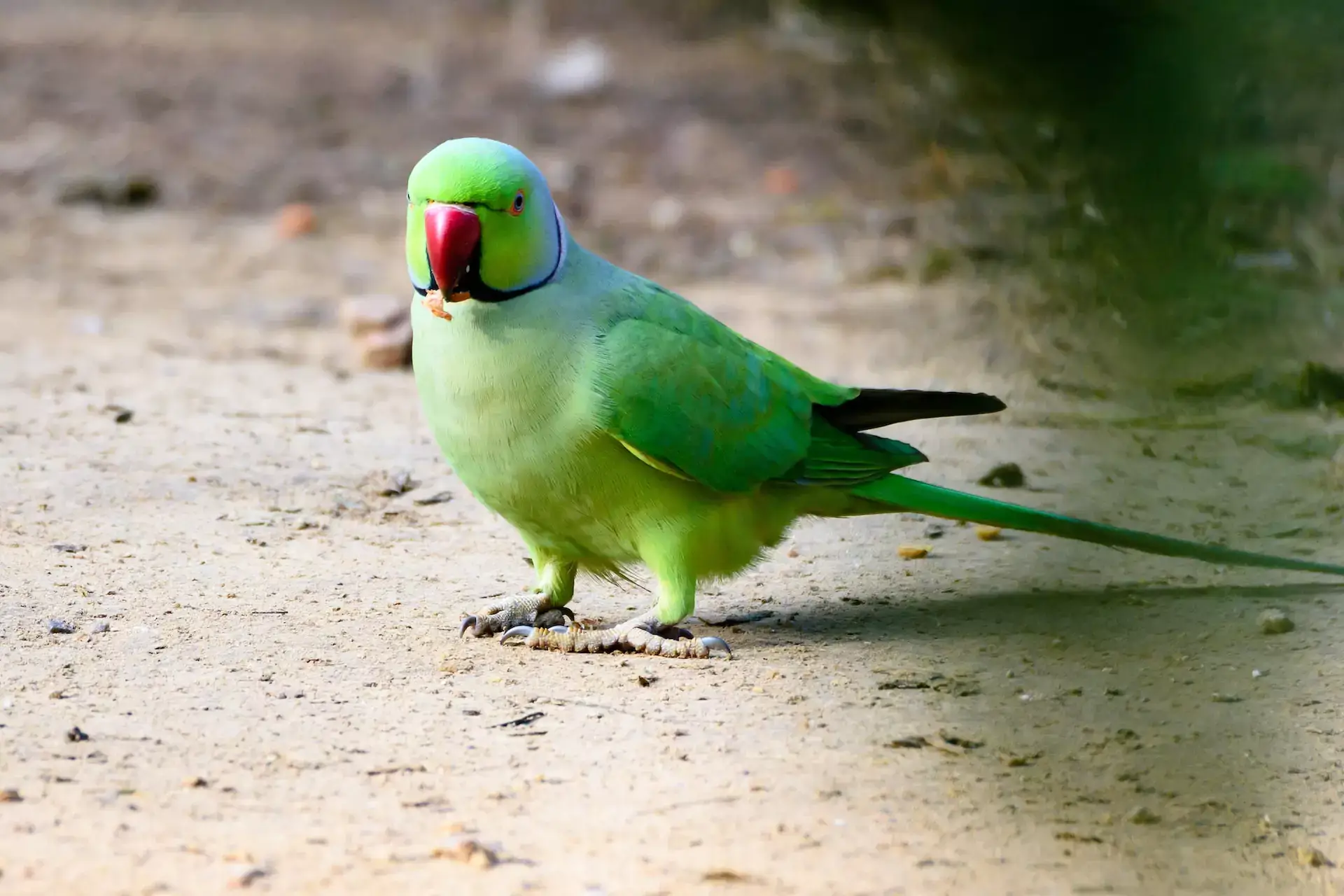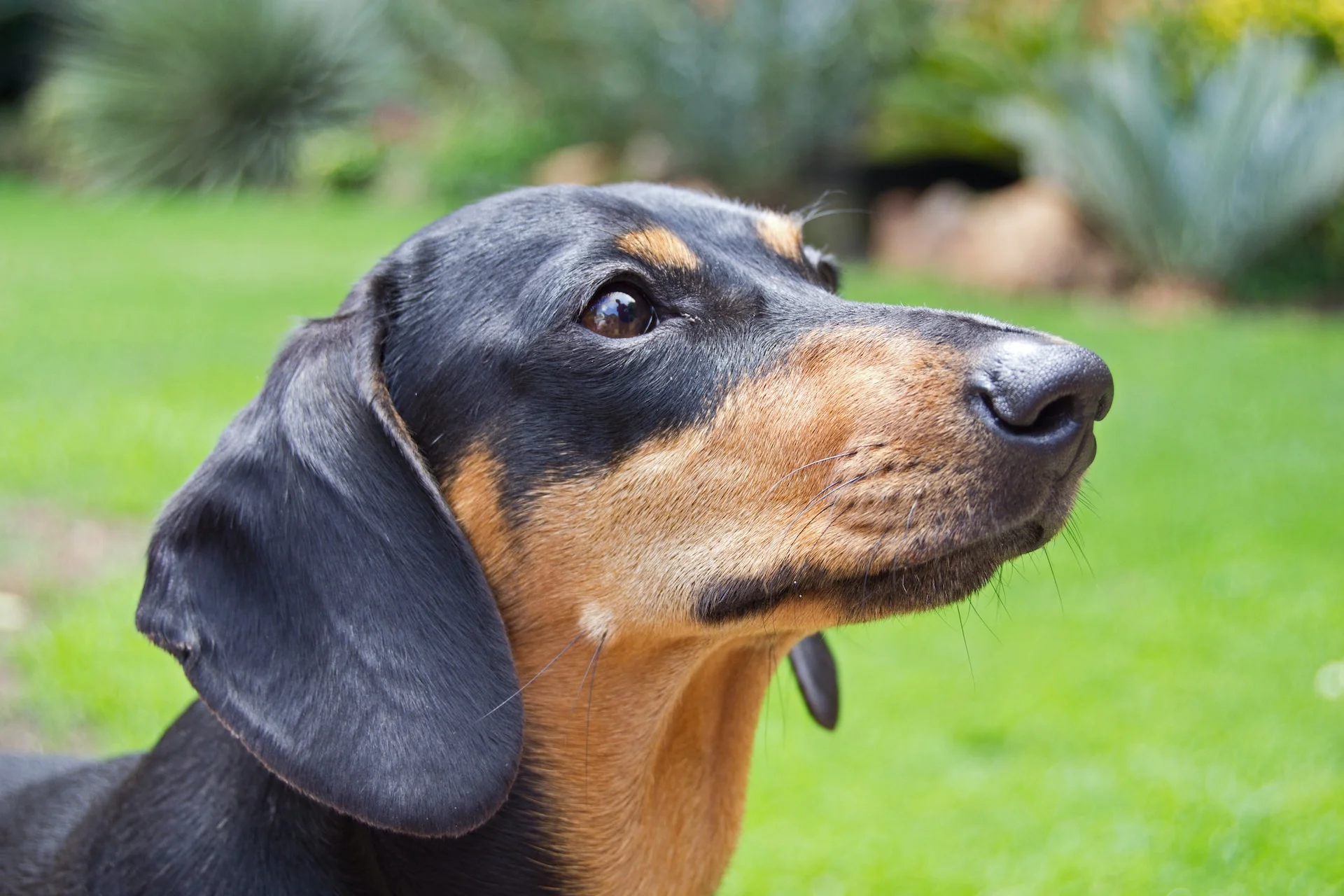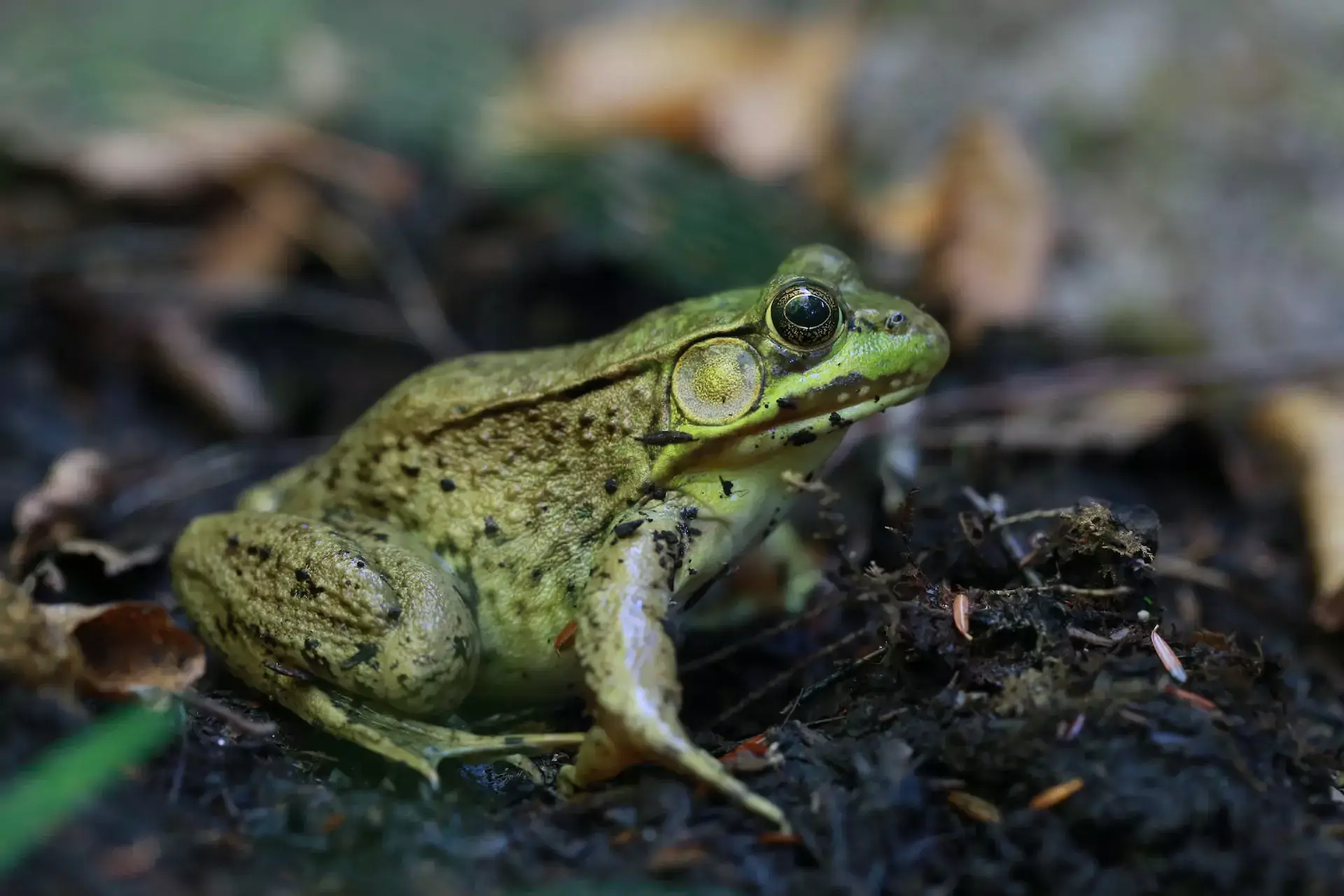Guinea Pig Toys
March is Adopt A Guinea Pig Month! These little furballs—also called cavies—are really super cute, and lots of fun. Like other ‘pocket pets,’ they spend a lot of time in their cages. That could get pretty boring, so you’ll need to make sure that your little buddy has plenty of toys. A Galena, MD vet discusses cavy toys below.
Chew Toys
Guinea pigs have open-rooted teeth, which means they never stop growing. This is common in many smaller animals. These guys feed on tough branches and roots in the wild, and are constantly wearing their teeth down. Pets have much softer diets, so you’ll need to provide plenty of chew toys. Otherwise, your little buddy could develop some very serious and painful dental issues. Make sure that your furry pal’s playbox includes plenty of items that are safe for them to chew on.
DIY Toys
You can make many toys yourself, out of common household items. The cardboard tubes from toilet paper or paper towel rolls are very versatile. Fill them with fresh hay, herbs, or plain shredded paper, cut them into rings and reassemble them as balls, or fold them into shapes. You can also make plenty of things out of plain paper, corrugated cardboard, and even newspapers.
Tunnels/Mazes
Many little animals love exploring tunnels and mazes. You can buy these, or you can make them out of cardboard boxes, PVC pipe, or paper mache! (If you use paper mache, make sure it’s a simple flour-and-water glue.) Just make sure it’s big enough so that your pint-sized pal doesn’t get stuck.
Foraging Toys
Combining food and entertainment is just as popular with cavies as it is for people! String some safe veggies up on a piece of twine hung between two chairs. Or, make a box castle and stuff it with hay. You can also buy or make foraging balls. Just stick to safe snacks! Ask your vet for specific advice.
Tips
Safety first! Never give your pet anything small or sharp. Items coated in varnish, stain, glitter, or dye are also unsafe, as are things with ropes or cords. And, while many wooden objects are fine, you’ll need to stay away from hardwoods, like pine and cedar, as the oils are toxic to small animals. Ask your vet for more information.
As your Galena, MD animal clinic, we’re here to help. Call us anytime!





